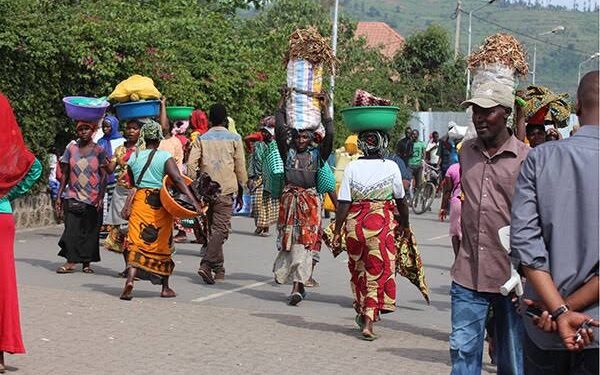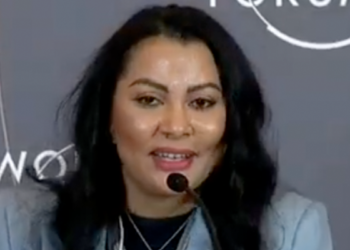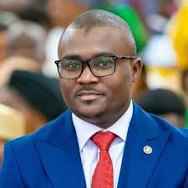The Nigerian Export Promotion Council (NEPC) and the Nigerian Customs Service (NCS) have engaged stakeholders on means of mainstreaming informal cross-border trade in Saki area, Oyo State.
The Chief Executive Officer(CEO), NEPC, Mrs Nonye Ayeni, made this known via a statement on Tuesday in Lagos, signed by Dr Joe Itah, Director, Trade Information Department, NEPC.
According to Ayeni, the stakeholders’ engagement which held in Saki, Oyo state, aimed at enhancing economic development through organised trade practices and data collection.
The NEPC CEO, noting the crucial role of border towns in Nigeria as trade hubs, said they should be more organised to bring benefits to the country.
She stated the importance of educating the public on government’s data capturing operations regarding cross-border trade.
“We are not coming as tax collectors, we are not coming to take away jobs from your people. Instead, we want to enhance what you do.
“We are here to make food available for the people and out of that, they should have something left for export.
“We have seen the deplorable state of the road and we know that government is doing something positive to ensure the road is fixed to serve the people.
“We plead that the traditional rulers sensitise the people to cooperate with us,” he said.
The Comptroller General, Nigeria Customs Service, Bashir Adeniyi, stated the importance of collaboration between NEPC and the service.
Adeniyi, represented by Assistant Comptroller, Mr Elijah Kayode, said the collaboration between the NEPC and the NCS would double the country’s foreign reserve earnings.
He noted that aside doubling foreign exchange, the collaboration would enhance access to data and statistics, a critical factor which would help in knowing the country’s yearly trade volume.
The customs comptroller-general also stressed the need for proper documentation and record-keeping to generate accurate statistical data from informal cross-border trade.
“Without proper documentation or record keeping, there will be no accurate statistical data generated from the informal cross-border trade,” he said.
The Traditional Ruler of Saki, Oba Khalid Oyedepo III, expressed the community’s support, while pledging to seize the opportunity presented by the NEPC and NCS to better the lot of the country.
Oba Oyedepo, reflecting on the historical significance of the route, said residents had been clamouring for Okerete Border Post from his youth.
He disclosed that people from Mali and Timbuktu preferred using the route to Lagos, because it was easier for them.
Oyedepo also noted some levels of improvements in Saki’s economy and called for more infrastructure to address the city’s deficiencies in power supply and road conditions.
“I do tell our people that the business they do is cross border business as a lot is going on but is not duly documented.
“I want to believe that with the intervention of NEPC and the Nigeria Customs, the trade here will be duly documented for proper data collection,” the traditional ruler said. (NAN)











